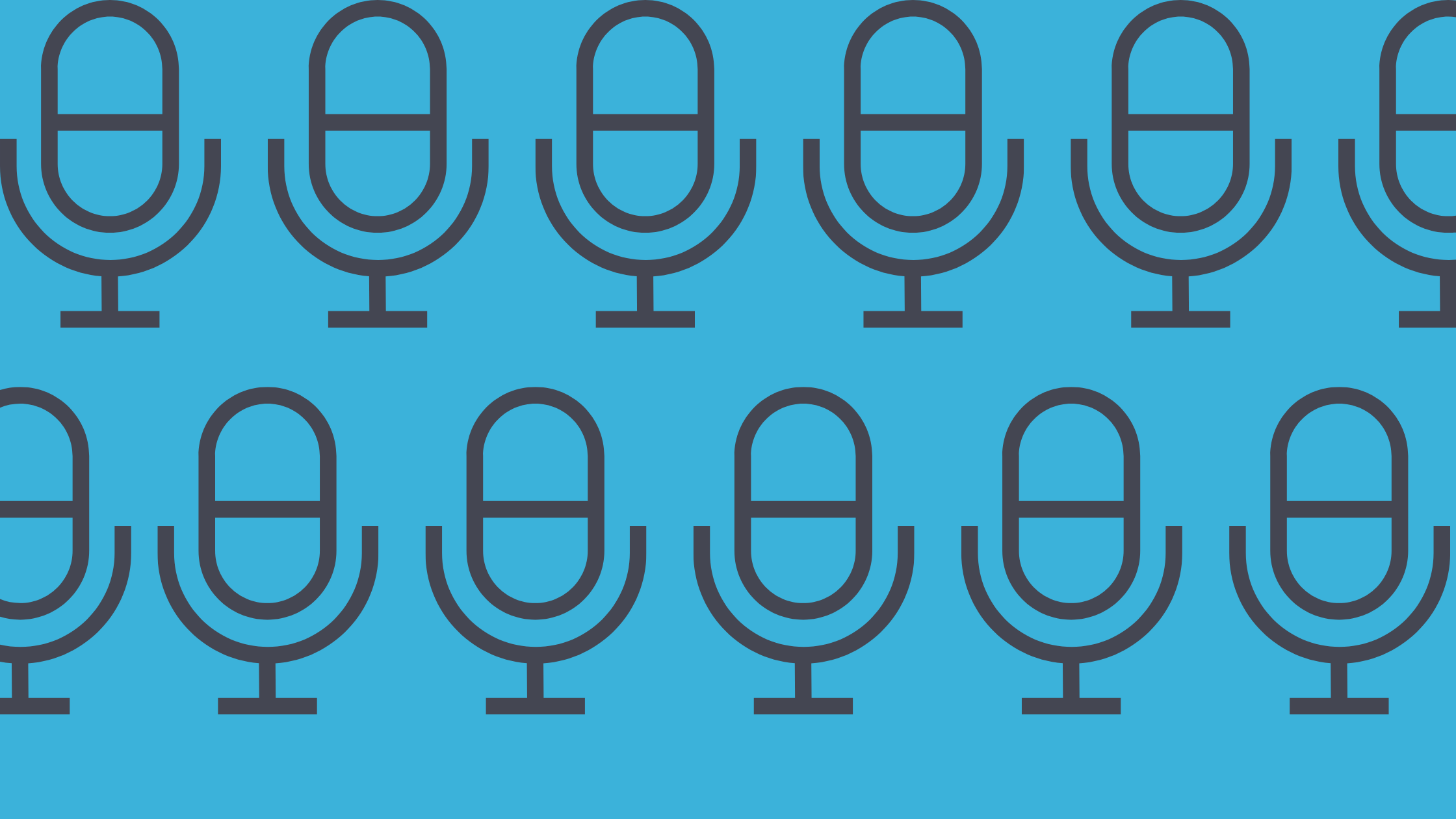It seems like everyone has a podcast these days: journalists, celebrities, companies, and even your buddy from college. They’re popular for a reason: the format is versatile and easy to get started compared to other types of content. Why not join in on the fun and start your own podcast? The first step is to brainstorm a topic. We’ll help you get started with some suggestions of podcast topic ideas, popular podcast formats, advice for finding a podcasting niche, and tips to start the best podcast you can make!
How to Choose a Good Podcast Topic
1. Evaluate your fields of interest
The first thing to think about when you’re choosing a topic for your own podcasts is your interests. You wouldn’t want to start a podcast, or any project for that matter, about something you don’t care about. The more passionate you are about your topic, the longer you’ll be able to keep it going and the more enthusiastic your audience will be as well.
2. Think about your target audience
Any successful podcast needs listeners. Who do you want to attract to yours? This could be young professionals, new parents, movie buffs, et cetera. Creating audience personas might be a helpful exercise for this.
3. Make your podcast topic unique
There are a lot of podcasts out there. You’re not going to stand out if your podcast is just like a bunch of others. The best podcast topics are ones that focus on the hosts’ unique point of view. What do you have to say about the subject that no one else is saying?
4. Finalize your podcast topic
Once you’ve brainstormed your interests, pinpointed your target audience, and considered what makes your point of view unique, it’s time to finalize your podcast topic and come up with a name. Whether your podcast is informative, quirky, funny, or anything in between, your topic should be specific enough to grab new listeners’ attention, but easy to describe quickly. 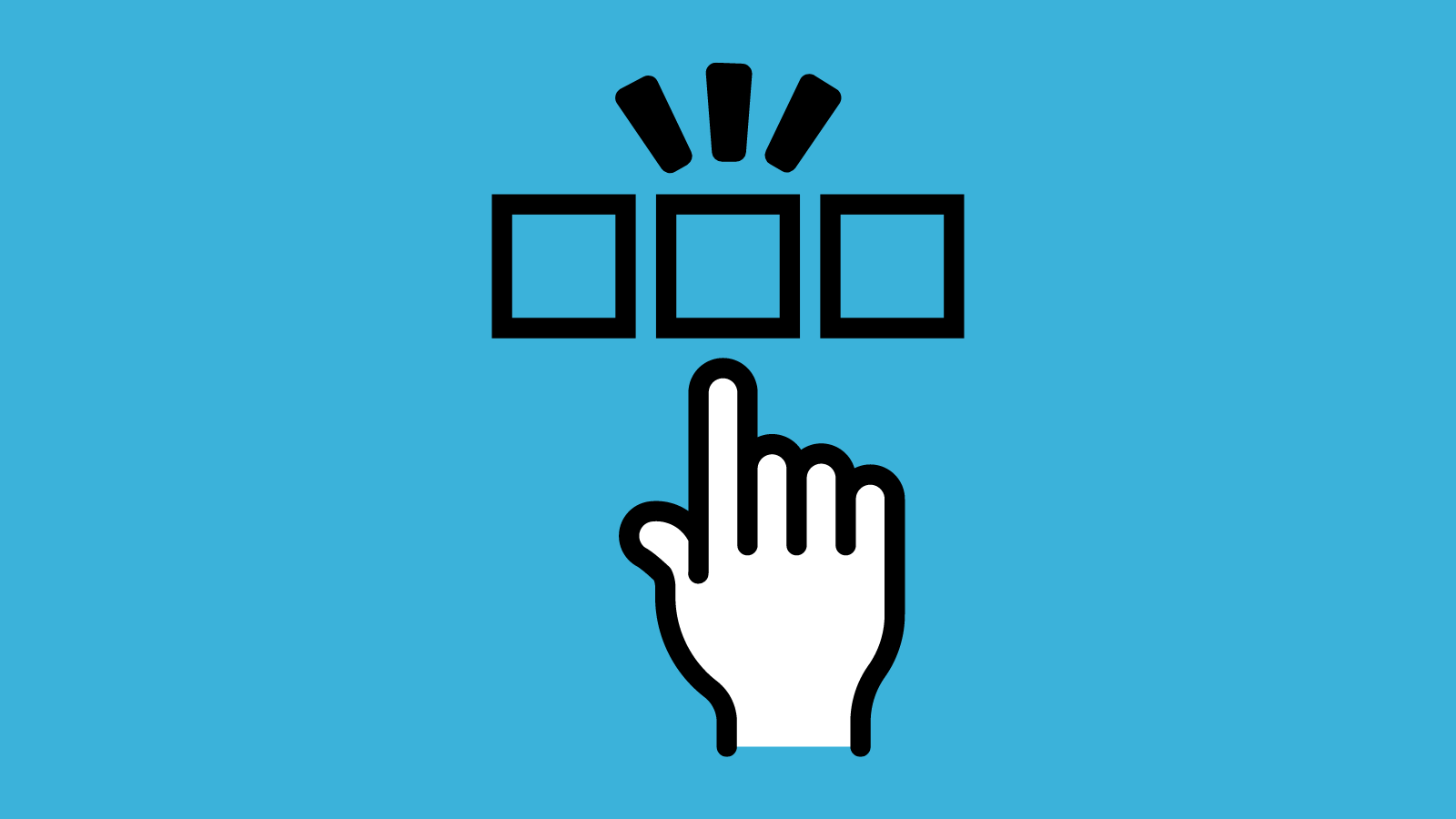
15 Podcast format ideas
Your podcast format can do a lot to inform your podcast topic. Here are a few ideas of ways you can format your podcast:
1. Roundtable conversations
Roundtables feature three or more co-hosts. These hosts discuss topics, take listener calls, and interview guests.
2. Commentary between co-hosts
This format focuses on casual, unscripted banter between the hosts of the podcasts. In its purest form there are no other guests and it doesn’t require much post-production editing.

3. Host-led interviews
Whether you’re interviewing experts, entrepreneurs, entertainers, creators, or anyone else interviews with guests can bring insight into your podcast episodes that you and your co-hosts alone wouldn’t have
4. How-to or tutorials
Audio tutorials can teach people how to do a variety of things. With this format, you can be as broad or specific as you want. You could stick to one theme for the entire podcast, do multiple themed series, or even change it up every week.

5. Unedited deep-dive interviews
Many interview podcasts edit the recordings and piece together the best parts, but that’s not the only way to do it. Long-form interviews with little to no editing can be a good idea when you’re talking to experts on complex topics.
6. Deep-dive exploration of a topic
Similarly, researching and going on a deep dive as a host can set you apart from other podcasts on comparable topics.

7. Storytelling by a single narrator
Narrated storytelling is a popular format for fiction and nonfiction podcasts.
8. Improvised comedy
Improv games make a fun addition to comedy podcasts. It’s even better if you can involve your listeners and make it interactive.
9. Single-host commentary
Monologue-style podcasts are great for current events podcasts. You can switch it up by taking listener calls or adding segments.

10. Daily updates
For topics that change daily like news, tech, and the stock market, short daily episodes can keep listeners up to date and informed.
11. Top 10 lists
Top 10 lists can make information on a variety of topics easy for listeners to digest. This format can be a good fit for topics from sports to beauty products.

12. Q&A
Q and A or Ask Me Anything podcasts are great for involving your audience, increasing listener engagement, and creating content that’s highly relevant to your audience.
13. Scripted fiction read by a cast of characters
Podcasts like Welcome to Nightvale are a modern take on radio dramas. They tell a story with multiple characters voiced by different actors. This format is usually heavily produced and takes more effort than other formats.

14. Scripted nonfiction read by host
If talking on the fly isn’t your strong suit, you can script your solo commentary podcast episodes ahead of time as well. NPR podcasts often take this approach.
15. Repurposed content
If your podcast is part of a larger content marketing strategy, you can repurpose other types of media into podcast episodes.
46 Great Podcast Ideas
1. Behind the Scenes
Behind the scenes podcasts explore the unknown side of something the podcast host is familiar with. This could include
- Day-to-day life in your industry
- How products are made
- How things work
Exploring a topic that you know nothing about can be entertaining and informative for your audience. This could be your first time reading a popular book series or watching a popular TV show. It could document learning a new skill or hobby. It could even be commentating on a sport you don’t know anything about.

3. A Day in the Life
A Day in the Life podcast can give you a goldmine for quirky, everyday podcast content. You could focus on a particular theme or go for a wide range by interviewing someone with a different job every episode.
4. True Crime and Mystery
People have been reeled in by the intrigue of mysteries real and fictional for centuries. True crime podcasts are a wildly popular variation on this longtime fascination.
- True crime
- Mystery fiction
- Paranormal

5. Business and Entrepreneurship
Podcasts about business and career topics are popular with on-the-go professionals who want to learn on their commute. Educational podcasts about
- Freelancing
- Starting your own business
- The gig economy
- Work from home
- E-commerce
And other aspects of running a business have an engaged audience. Interviews with entrepreneurs and small business owners with a variety of industries and experiences will give your podcast a wide range of perspectives and knowledge.

5. Book Club and Book Reviews
If you love reading, there are a few different ways you can leverage that into a podcast. Book club podcasts, where the hosts read a book together and discuss it, inviting readers to participate as well, are a fun, interactive format. If you’re a solo podcaster, you could go the book review route. With either of these formats you can go as broad or specific as you want with the theme. If you can swing it, occasional author interviews would add some draw for new listeners.

6. Comedy and Humor
A lot of comedians, from Marc Maron to Nicole Byer, have very popular podcasts. People love to laugh no matter what medium it comes in. You don’t have to be famous like them to start a humor podcast though. Just some funny stories, funny people to interview, and maybe some improv games.
7. Travel
Travel podcasts are great for savvy travelers and those who like to live vicariously through them alike. If you have a lot of travel experience and a unique spin on it, why not share it with the world? Since travel is such a broad topic, it’s best to break it down into a niche like:
- Budget travel
- Camping and hiking
- City or region-specific
- Demographic-specific
- Solo travel
- Travel stories
- Culture shock
- Expats

7. History
History is full of interesting stories and facts. Whether your podcast focuses on World War II naval battles, overlooked women of history, sports scandals, or any other angle, you’ll probably find an audience.
8. Fiction
Your podcast can also tell a story. Some fiction podcasts “publish” a different short story every episode by the author reading them out loud and recording them. Some are audio dramas recorded by a cast of actors with a story continuing every episode.
9. Art
Art may be a visual experience while podcasts are an auditory experience, but that doesn’t mean the two can’t collide. This could look like art history stories, art appreciation lessons, or even asking inexperienced guests to describe a famous painting because it’s funny.

10. Personal Finance
Money is a popular podcast topic. Who among us couldn’t use some help with money management? If personal finance is your thing, there are plenty of ways you could use podcasting to share your knowledge with the masses.
There are a lot of different ways you can narrow down a personal finance podcast topic. You could focus on budgeting, investing, paying off debt, and any sub-category of those broader themes.
11. Pop Culture
Popular culture is full of podcast content fodder and different angles you can take. From reviewing movies and TV shows to weighing in on the latest celebrity gossip, the possibilities are endless. Your podcast focus could include:
- Celebrity interviews
- Gossip
- Nerd culture
- Movie and TV reviews and recommendations
- Nostalgia
- Music reviews and recommendations

12. Kids
Yes, there are podcasts for children. They’re often marketed as ways to keep kids entertained in the car and include silly stories, puzzles, and fun facts.
13. News and Politics
Whether you’re a journalist, a news junkie, or simply passionate about politics, you can make advertising dollars with a podcast about topics like:
- Local News
- Political Satire
- Commentary
- Interviews
- Listener Call-ins
- Debates
- Conspiracy Theories
- Social Issues
News and politics are a pretty saturated podcast niche, so be sure your podcast has a unique angle or perspective before you start yelling into the microphone.

14. ASMR
Autonomous sensory meridian (ASMR) is a pleasant sensation that some people experience in response to gentle sounds. It feels like a tingling that starts in your scalp and moves down the back of the neck. Invoking this reaction with sounds like whispering, crinkling paper, or fingernails on the side of a soda can is a growing trend in audio and video content. Many people listen to podcasts with ASMR-inducing sounds to help them sleep or relax.
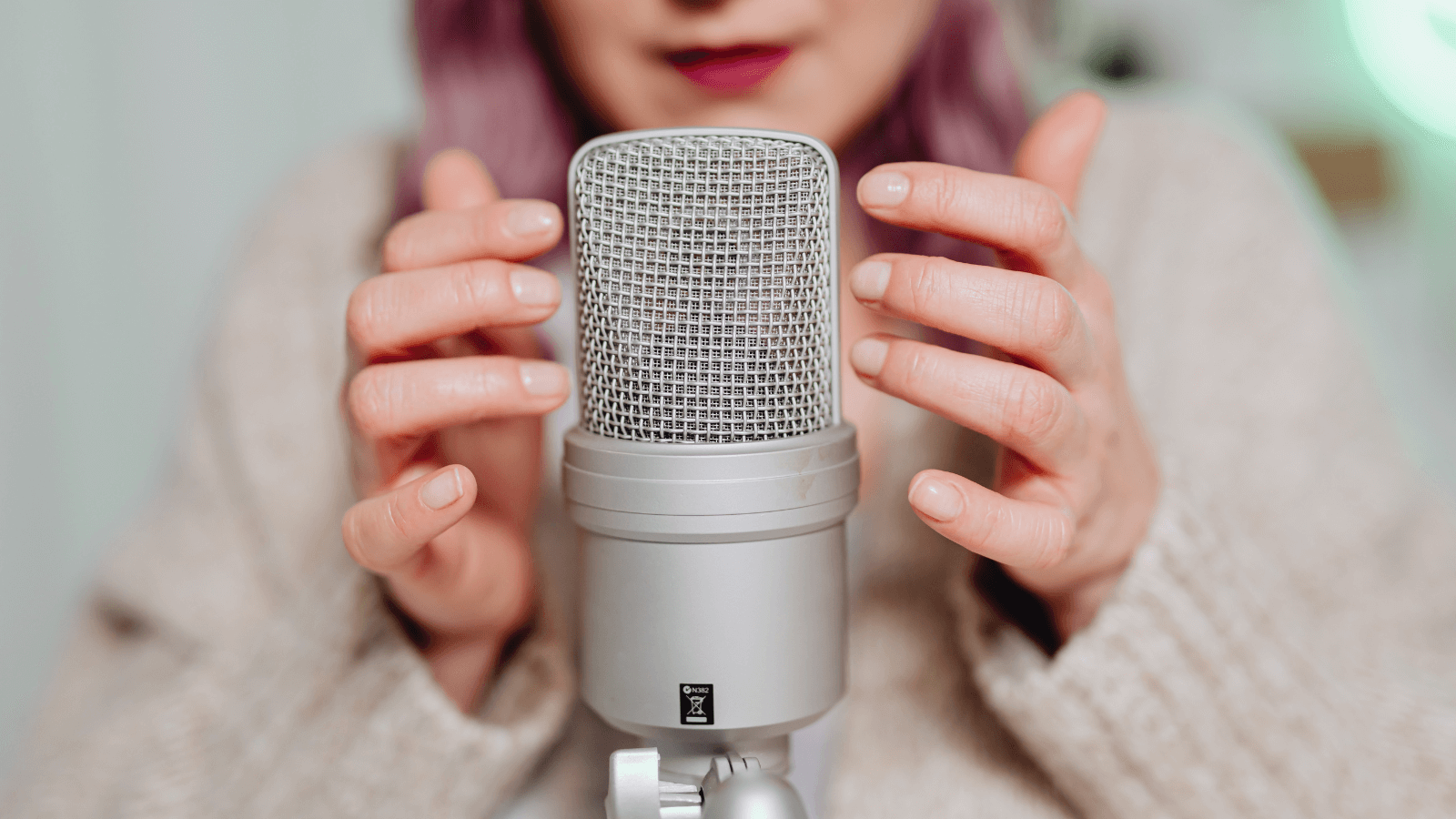
15. Pets and Animals
If you’re an animal lover, you can turn that into a podcast as well. Education about pet care, facts about wild animals, and interviews with people who work with animals are all great concepts within the topic.
You could even make a podcast for pets, with calming noises designed to comfort them when they’re traveling or otherwise anxious.
16. Teaching New Skills
If you have a knack for sharing your skills and knowledge with others, why not make a podcast about it? The skill could be anything from:
- Language
- Coding
- Writing
- Marketing
- Organizational skills
- Life skills
Since podcasts are an audio medium, this works best if it’s formatted as teaching a guest how to do the thing.

17. Dating and Relationships
Whether you’re documenting your own dating experiences, giving your listeners advice on their own dating journeys, or a little of both, most people can relate to dating and relationships. Since everyone’s dating experiences are a little different, this niche has a lot of potential for approaching it from a unique perspective.
18. DIY and Life Hacks
Recording yourself doing various crafting and home improvement projects and providing tips and commentary along the way can be great inspiration for the DIY crowd. Whether you stick to a common theme for your podcast episodes or switch it up, your projects could have an audience of fellow DIY-ers or aspiring ones.

19. Food
Media about food is popular for a reason: everybody eats! If you could talk about cooking and eating all day, why not record it? Your food podcast could focus on subjects like:
- Cooking tutorials and recipes
- Restaurant reviews
- News about food
- Food history
- Interviews with chefs
- Cultural cuisine
- Diet specific (vegan, gluten free, keto, et cetera)

20. Technology
The tech world is always changing. There are always new products, new security issues, and more things to learn about using your devices. Help your audience keep up with a tech podcast that could include:
- Product reviews
- Tech news
- Interviews with tech experts and startup founders
- Tutorials
- Productivity tips

21. Self Help
Everyone needs a little guidance in their lives. Whether you’re a therapist, a life coach, or have experienced a struggle that others need help with, hosting a self help podcast could be for you. This could involve listeners submitting questions like an advice column. It could have a structure similar to a support group. You could lead your listeners through guided meditations and healthy habits. With this area it’s important to stick to a specific area of expertise and invite guests with more knowledge about particular topics when necessary. Giving advice on topics that require more training than you have is never a good idea.

22. Scavenger Hunts
If you want to create an interactive experience with your podcast, an audio scavenger hunt is a fun idea. Give your audience a prompt and ask them to send in recorded sounds. These prompts could be:
- A bird song
- A short interview with a relative
- Reciting their favorite poem
- Playing an instrument
Then play the highlights.

23. Fitness
If you’re all about working out, a fitness podcast can take listeners on a journey with you. Episodes could include guided workouts, interviews with trainers and athletes, and other fitness tips. It’s best to stick to a particular sport or activity and lean into something that makes you different from the other fitness influencers.
24. Sports Talk
Live and breathe your favorite sport or team? Why not start a podcast about it. You could focus on game recaps, interview people connected to the sport, give talks about sports history, and more!
25. Fashion and Beauty
If you’ve got a passion for fashion and always keep yourself well-groomed, a fashion and beauty podcast could be for you. Since these are visual mediums, your podcast shouldn’t be your only content you create, but it could make a great companion to a blog or YouTube channel. Episodes could include:
- Tutorials
- Product reviews
- Interviews
- Fashion and beauty history

26. Game Shows
If Wait..Wait…Don’t Tell Me has taught us anything it’s that game shows aren’t just for TV. If you love trivia about a particular subject, why not invite guests to play a little game every week? If you’re a game show enthusiast, you could also do a podcast about game shows.

27. Podcasts
If you love podcasts as a medium and want to get meta with it, do a podcast about podcasts. Give recommendations and reviews, invite hosts of other podcasts as guests, and even talk about the history of the genre.
28. Pranks
Pranks are popular on YouTube, TikTok, and yes even podcasting. Prank podcasts usually do prank calls or similar audio-based pranks, but if you can think of any other ones, go for it as long as it works. Just remember that everyone should be laughing at the end of your pranks. Otherwise you’re just being mean to people.

29. Trivia and Random Facts
Got a head full of useless information? Share it with the world on a trivia podcast. The episodes could be short in a “fun fact of the day” format, or they could go further in depth on the subject. This topic has a lot of potential for developing a more specific niche. You could do sports trivia, animal trivia, pop culture trivia, history trivia, or anything else under the sun.
30. Social Media
If you’ve got a knack for social media, you might be surprised how many people could tune in to listen to your advice on growing their own social media following. This could be directed at businesses and marketing professionals who aren’t social media savvy but need to get online to compete. Or it could just be for hobbyists who want to get more likes.
![]()
31. Internet Culture
If you live online and love all the latest memes, you can explore that as a podcast topic. From explaining popular memes to the uninitiated to in-depth conversations about how the internet has changed personal relationships and society at large, internet culture could be a gold mine of potential podcast content and humor for the right enthusiast.
32. Parenting
Groups, blogs, vlogs, and other online content for parents has been popular for a long time. It stays that way for a reason: parenting is hard and often scary. New parents often feel alone and are searching for community. If you’re a first-time parent, you could document your journey for others in the same boat. If you’ve already raised kids, you could share your wisdom. If you’re a childcare worker or family therapist, you could give some expert advice and find some new clients.
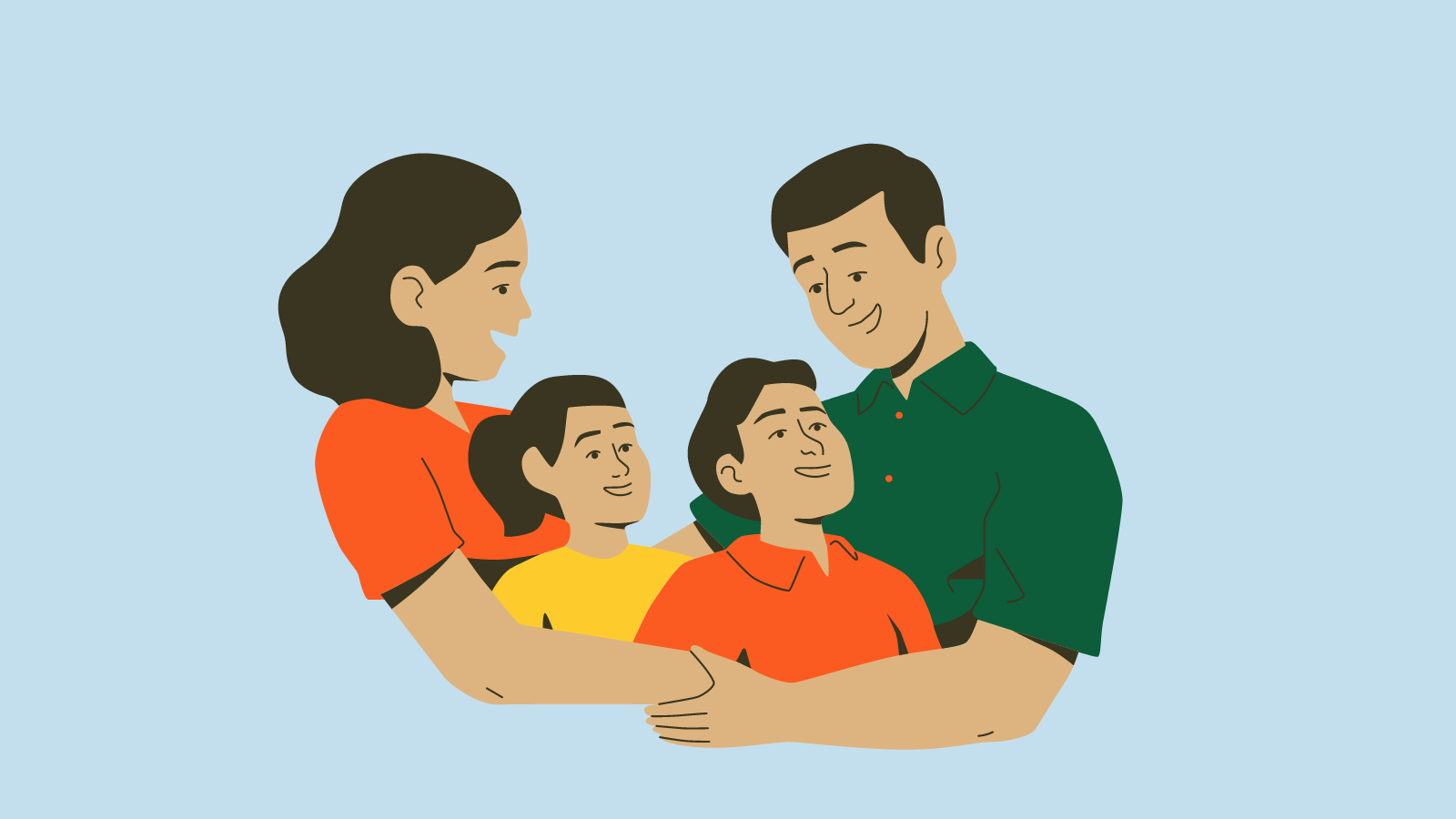
33. Gaming
Whether you prefer video games, board games, or card games, a gaming podcast is a great opportunity to connect with gamers who share your interests. From Dungeons and Dragons strategy to video game reviews, there’s plenty of gaming material you could talk about on your podcast.
34. Challenge Yourself
Whatever you’re scared of, taking listeners on a challenging journey with you is a fun way to get some encouragement and inspire others to face their own fears. On a self-improvement journey? Bring your fans along for the ride so you can hold each other accountable from afar.

35. Solve the Riddle
Get your audience to think and keep them coming back with a podcast for riddles and brainteasers. End one episode with a riddle and give them the answer in the next. These riddles could be
- Sounds
- Short phrases
- Letters
- Images if you have a visual podcast
- And more!
36. Debunking Myths
Common misconceptions are common for a reason. We’ve all been guilty of believing something without following up on it because someone we trust said it. Take a page from Mythbusters, Adam Ruins Everything, or You’re Wrong About.
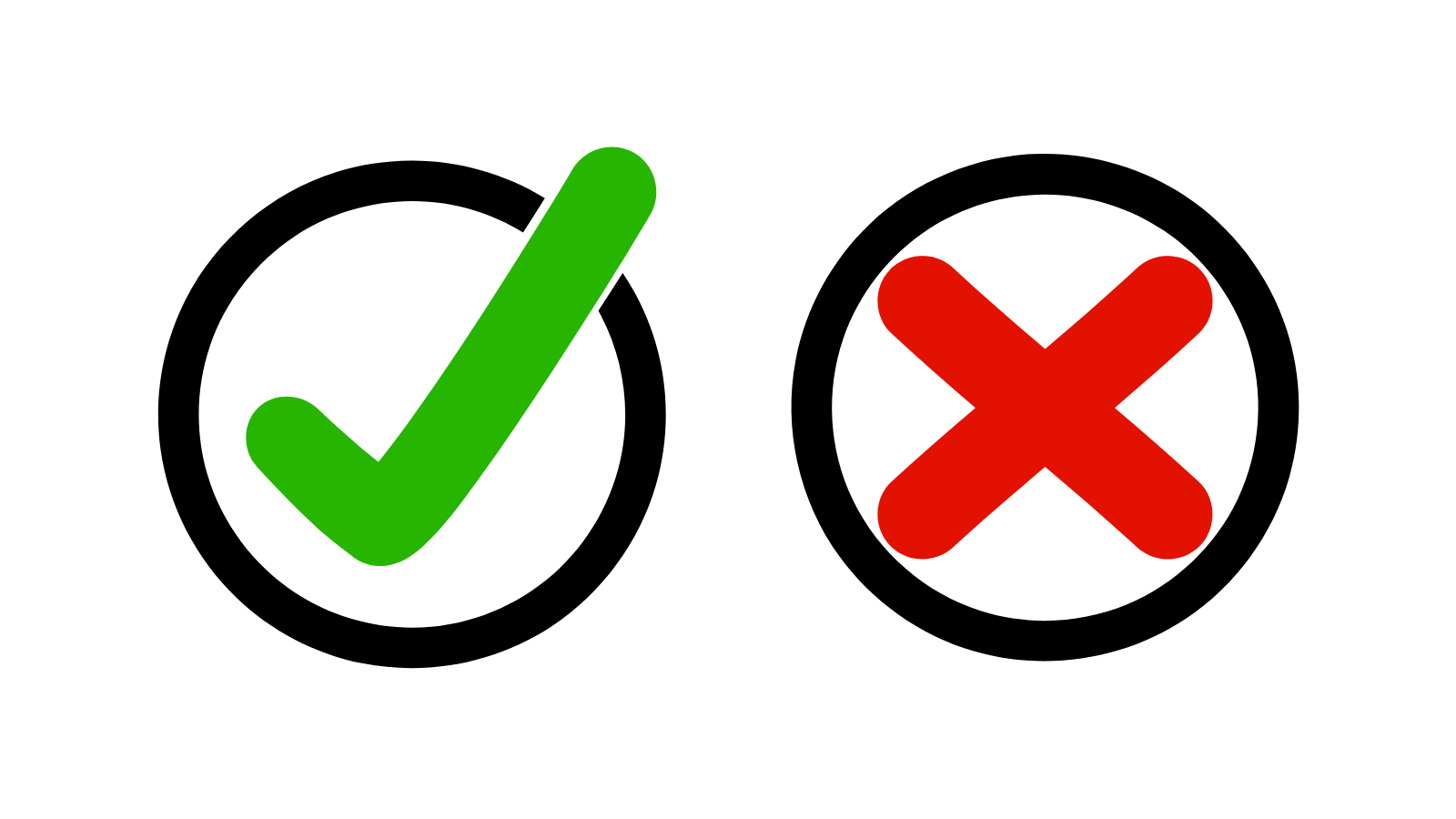
37. Science
Science is everywhere from the bottom of the ocean to the layers of the earth to the smartphones in our hands to space: the final frontier. A lot of people could benefit from an accessible way to understand it. Even if you’re not a scientist yourself, hosting interviews with experts on the science topics that pique your interest or breaking down big, complicated topics into easily digestible bites are ways you can help educate everyday people.

38. Poetry
You could recite your poetry into the microphone. Or you could explore the subject of writing and poetry in new and exciting ways. These could include:
- Interviewing poets
- Giving writing advice and prompts
- Analyzing poetry
- Inviting listener submissions
- And more!
Whether it’s Shakespeare’s sonnets, slam poetry, or anything in between, your poetry podcast could be a great way to connect with other lovers of verse.
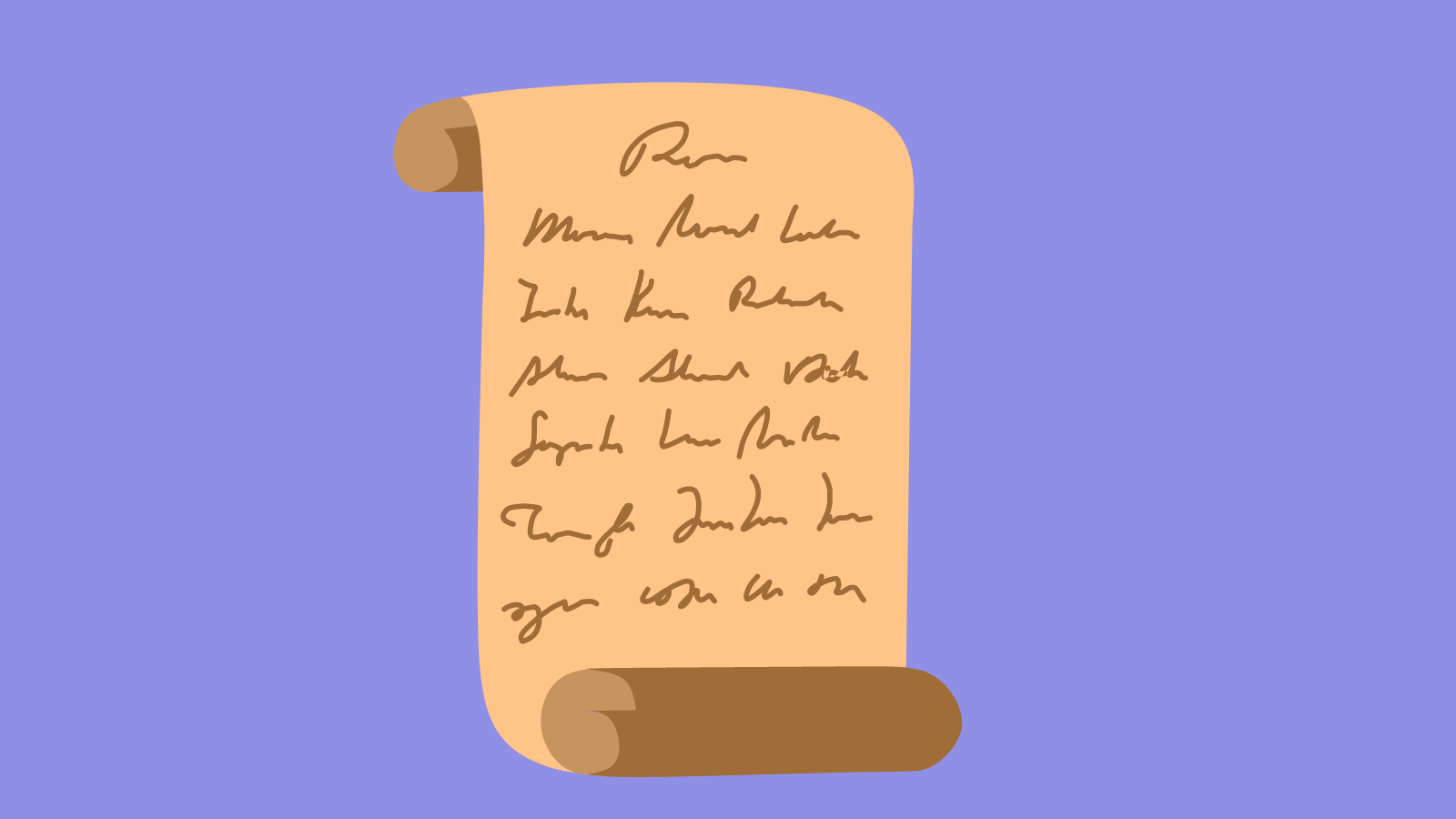
39. Street Interviews
You’ve probably seen Billy on The Street and correspondents on late night shows ask strangers around the studio questions to bait them into humorous answers. If you’re an extrovert who loves talking to people about anything, a man on the street format could be the right fit for your podcast. You can find strangers to interview
- Outside your home
- At the mall
- At the DMV
- On public transportation
- On college campuses
- Events and festivals
- Or anywhere else where people go about their day
Once you have a solid base of listeners, ask them for suggestions for questions to ask.

40. Nature
If you love the great outdoors there are a few different ways you can channel that interest into podcast content. These could include
- Hiking and camping advice
- Facts about plants and animals
- Survival skills
- Remote destinations
- Ambient nature sounds and meditation
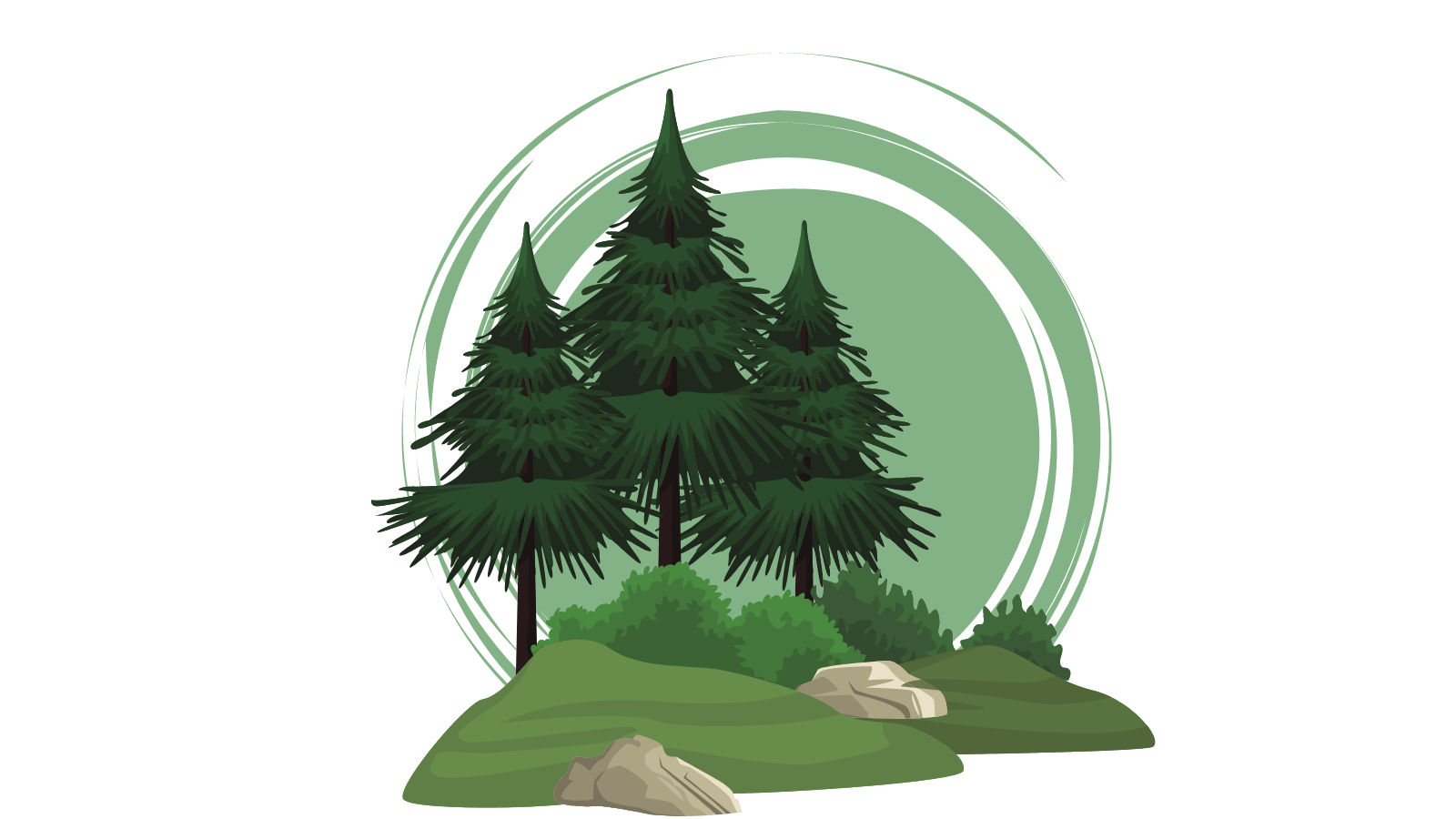
41. Weddings
Planning a wedding is an exciting, yet overwhelming time in a lot of couples’ lives. If you’re about to walk down the aisle, documenting your journey could help you and your listeners alike feel less alone. If you’re a wedding planner or other kind of wedding expert, a podcast could be a fun way to share your wisdom with the world. If you’re just a wedding enthusiast, you could start a wedding storytelling show with guests and listener submissions.

42. Retirement
Planning for retirement is another life stage where a lot of people need all the guidance they can get. Whether it’s straightforward financial advice or takes a funnier tone, your podcast could be great company for someone’s journey. Similarly, loneliness among senior citizens is a well-known issue. A podcast about retirement for retired people could be a fun way to combat it. After all, you’re never too old to start a podcast.
43. Religion and Spirituality
Religion and spirituality have been avenues for humans to find community for thousands of years. Whether you’re Christian, Jewish, Muslim, Hindu, Buddhist, Wiccan, or just really into meditation and crystals, your podcast can connect you to other believers and guide them on their journey. Episodes could include:
- Guided meditations
- Sermons
- Scripture readings
- Interviews with community leaders
- Roundtable discussions
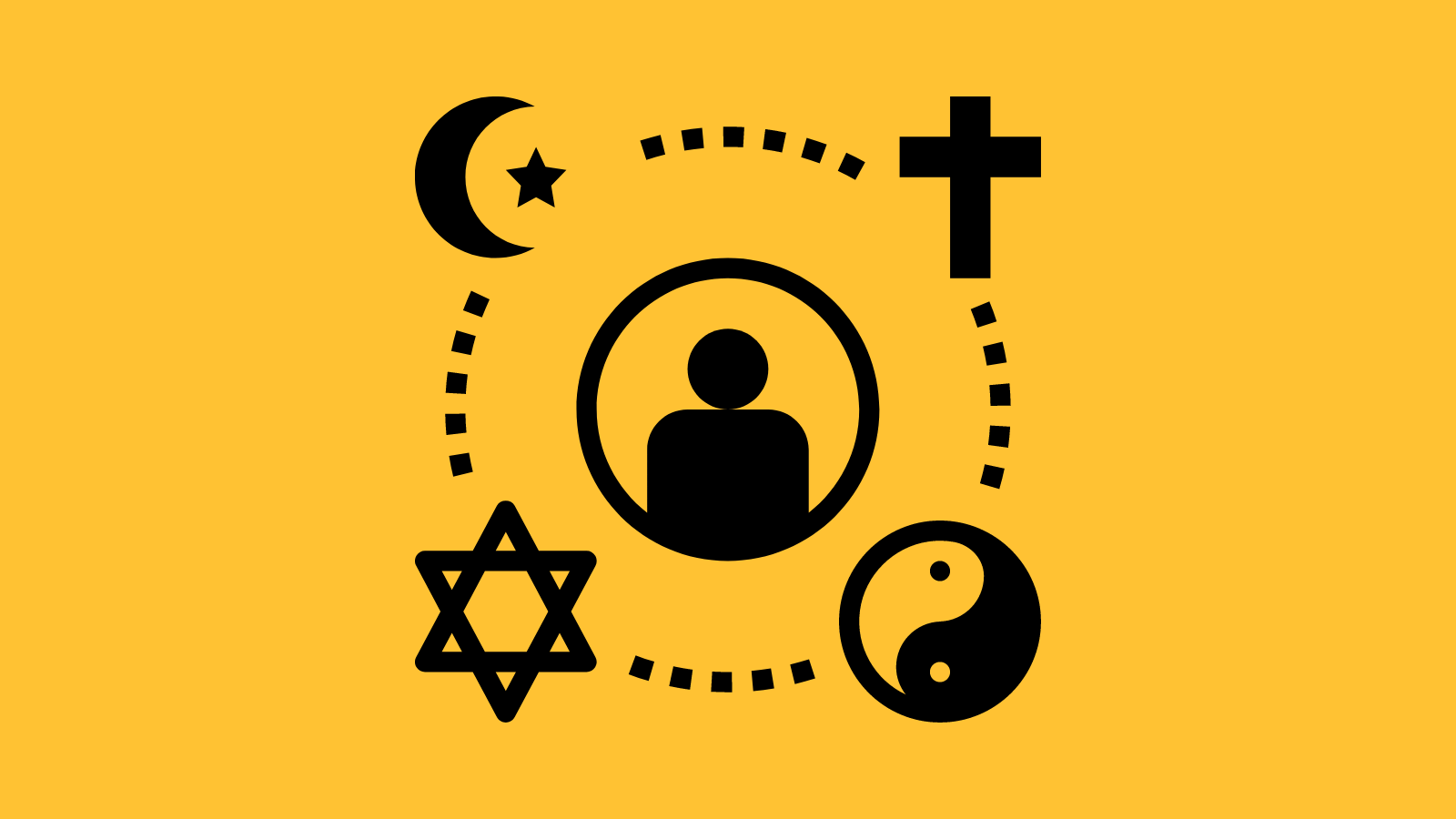
44. Astrology and Horoscopes
Astrology has been around for centuries and continues to be popular to this day. If your first question when you meet someone new is “what’s your sign?”, you’ll probably have plenty to talk about. Including, but not limited to
- Weekly horoscopes
- Celebrity charts
- Doing charts for guests
- History of astrology
How to Start a Podcast
Once you’ve chosen your podcast topic, follow these steps to produce and grow your podcast.
- Develop your concept
- Choose your format
- Set up recording equipment
- Choose your podcast software
- Record your first episode
- Edit your audio
- Create your cover art
- Get listed on Apple Podcasts, Google Podcasts, and Spotify
- Launch and grow your podcast
Podcasting Tips
- Create a template for your episodes
- Use high-quality equipment
- Record in a quiet room
- Try free recording and editing software at first
- Use intro music
- Use appealing cover art
- Include a brief description, audio transcriptions, helpful links, and credits in the show notes
- Promote your show with supporting content like a website, a blog, merchandise, and sponsored content
- Publish your podcast on multiple hosting platforms
How Sav Can Help
No matter what your podcast is about, promoting it with a beautiful, professional website is easy and affordable with the Sav website builder. Start your free trial today to learn how!

